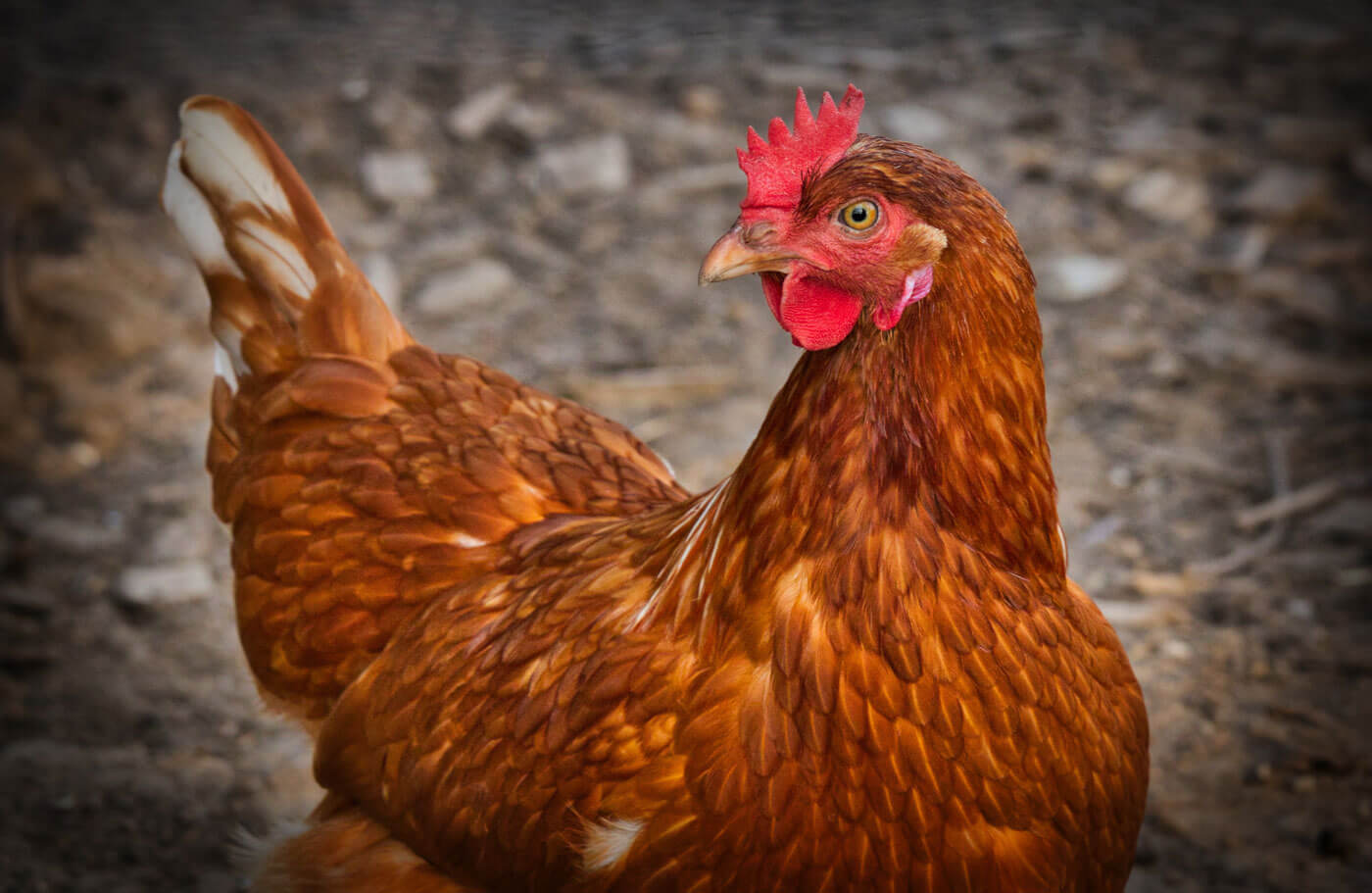Suburban Chickens — Survival Food Source in the Backyard
August 27th, 2019
2 minute read
For many, the concept of raising chickens is something equated with living in the country. While having fresh, organic meat or eggs sounds great, you can’t have chickens if you live in the city or suburbs. If you’re not in a position to move out to greener pastures, that means you’re stuck being dependent on a grocery store for your meat and eggs.
Or does it?
The truth is that many towns and cities allow you to have chickens in your yard — with a few caveats, of course.
Get Informed About Your Area
The first thing you’ll need to do is find out what your area’s specific regulations are. A fairly standard list of regulations can include any of the following:
- A limit on the number of chickens you can have (six is common)
- A ban on owning any roosters due to noise
- A permit or license, with a fee
- You will be expected to have adequate fenced area and housing for them, typically two square feet per bird
- You’ll also need to keep their area clean and odor-free so as not to annoy your neighbors.
Regulations vary by locale, but you can often look up your town’s ordinances by simply doing a web search. You can also check with your local zoning office and county health office as well. In some cases, even apartment dwellers can have a few.

The Pros
We all know that having farm fresh eggs on hand is a great thing. After all, your average store egg is about a month old; once you’ve tasted truly fresh eggs you’ll never want to go back.
Meat is also a great reason to raise chickens. While a breed like Cornish Cross can give you fat, plump birds in just a few weeks, even your egg layers will be good eating later in a soup or as base for a broth. The best part is that you’ll never have to worry about what medications, supplements, or other things your meat has been injected with.
The Cons
Chickens are great, but they do require upkeep. Eggs don’t appear like magic; you’ll still need to feed them, provide fresh water, and make sure they have somewhere safe to sleep. If you’re not a fan of the idea of processing an animal you raised, however, then meat birds probably aren’t a good goal for you. If you aren’t currently set up for chickens, it can take a few bucks to do that. Once you have what you need, the costs go down exponentially.

Balancing It Out
Like most things in a sustainable or preparedness lifestyle, the decision to raise chickens comes down to risk/hassle vs. reward. If fresh meat and eggs is something that’s important to you, especially if you’re looking to ensure food security in an uncertain world, take a look at chickens — no matter where you live.
Join the Discussion
Continue Reading
Did you enjoy this article?

 47
47






